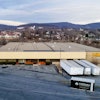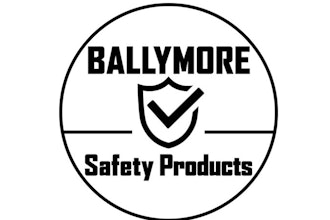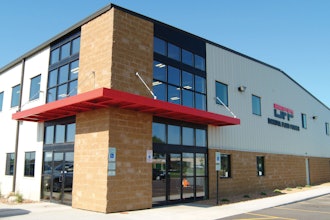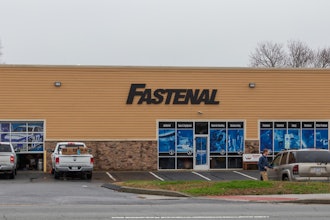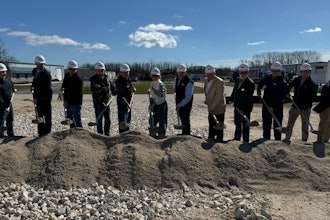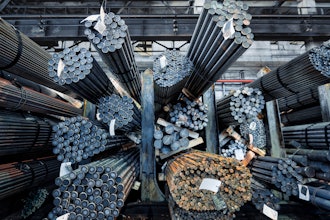WASHINGTON (AP) — U.S. factory output rose for a fifth straight month in December, as manufacturers cranked out more cars and trucks, appliances, and processed food. The gains suggest factories gave economic growth a strong boost at the end of the year.
The Federal Reserve said Friday that factory production rose 0.4 percent in December. That follows gains of 0.6 percent in both November and October. Automakers increased their production 1.8 percent last month and 10.4 percent year over year.
Higher consumer demand is driving much of the increased manufacturing activity. Production of appliances, furniture, carpeting, food and clothing all grew in December. Output of consumer goods gained 0.5 percent.
Overall industrial production, which includes manufacturing, mining and utilities, increased 0.3 percent in December. That's also the fifth straight monthly gain.
Total production increased 3.7 percent over the last 12 months and has surpassed its pre-recession peak. Output is now 22 percent above its recession low hit in June 2009, the month the downturn ended.
Other indicators point to continued manufacturing strength. Factory orders climbed 1.8 percent in November. A surge in aircraft demand led the increase in orders, while businesses stepped up spending on machinery, computers and other long-lasting goods.
And despite a slowdown in hiring last month across the broader economy, factories added jobs for the fifth straight month in December.
Rising factory orders should help keep economic growth solid in the October-December quarter. Several economists project growth at a 3 percent annual rate in that period after a 4.1 percent rate in the previous quarter.
There are signs that the rate of growth for factory production could slow.
Automakers drove much of the improvement in industrial production through the end of last year, as motor vehicle sales jumped 8 percent to 15.6 million last year.
However, many industry analysts expect the pace of buying to decline in 2014. Cars and trucks are lasting longer and families are unlikely to splurge on extra vehicles until the economy kicks into higher gear. That could signal slower growth in factory output in the coming months.
Overall economic growth remains modest by historical standards. And though factory orders have strengthened in recent months, the rate of growth has slowed during the recovery from the 2008 financial crisis.


